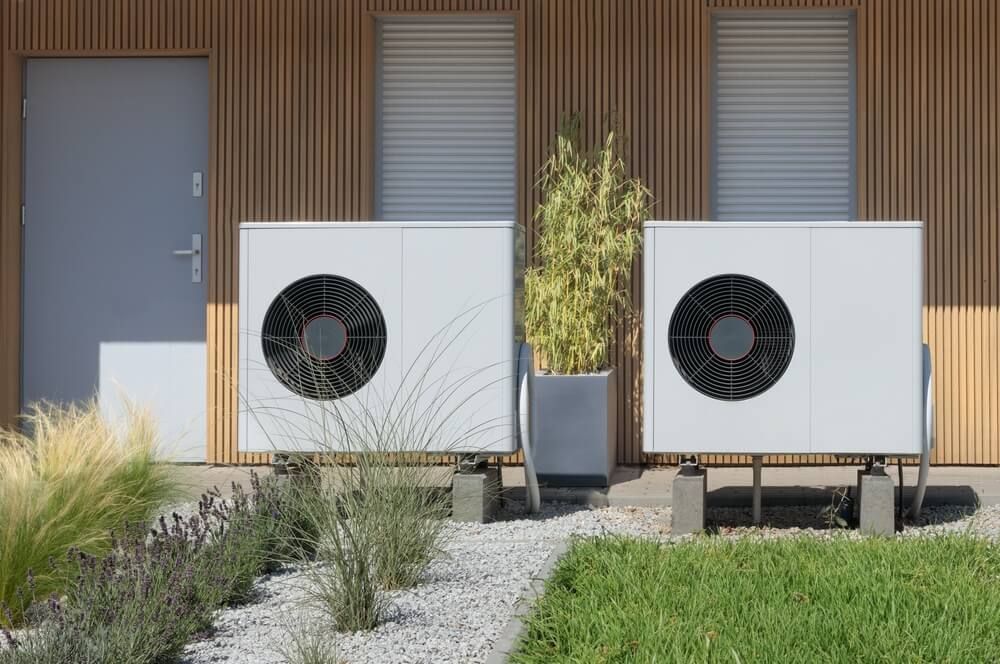Why such slow progress on heat pumps in the UK?

By Emily Day, Director, FOOTPRINT+
An MCS Foundation report ‘Heat pump rollout in France and the UK’ published earlier this year classified the eight factors affecting decarbonisation of heat in the UK by comparing the context and policies affecting heat pump rollout in the UK and France over the last 20 years or so. While the external and contextual differences between the two countries such as the UK’s historic wealth of fossil fuels have played a part in our slow progress, government policy and the development of regulation over this period has been chaotic leading to uncertainty in the market for developers, installers and consumers.
Since 2010, low-income French households have been able to apply for grants for the installation of heat pumps that can amount to up to €12,000. Along with a consistent policy of tax credits for other households upgrading building fabric, for the last 14 years the French government has also provided interest-free loans for up to €15,000 to install heat pumps. Taken together these policies and financial incentives have resulted in the development of a growing heat pump installation industry. There are now around 45,000 installers in France and 11% of French homes have heat pumps. More than 600,000 were installed in the last year, no doubt assisted by the fact that a heat pump was cheaper per kWh than oil and gas in France. The UK government has hinted at decoupling electricity prices from the wholesale gas price but this has not yet been achieved.
In the UK, 17% of our overall carbon emissions come from heating homes, almost half of all emissions from the entire built environment. We have some of the least insulated homes in Europe. Improvements to UK building regulations for new builds have been continuously kicked down the road with no incremental improvements since 2013. The much-debated Future Homes Standard is still not agreed, meaning developers of new houses cannot plan to implement and suppliers have no security to develop the installer supply chain. These are the very supply chains that should help owner-occupiers decarbonise in the years to come.
For heat pumps to become an effective form of heating for a large proportion of our existing housing stock, fabric upgrades are needed. It’s quite right that we seek fabric efficiency first before changing the source of heating, and so the 46kWh/m2/year threshold for homeowners seeking grant funding makes sense.
)
)